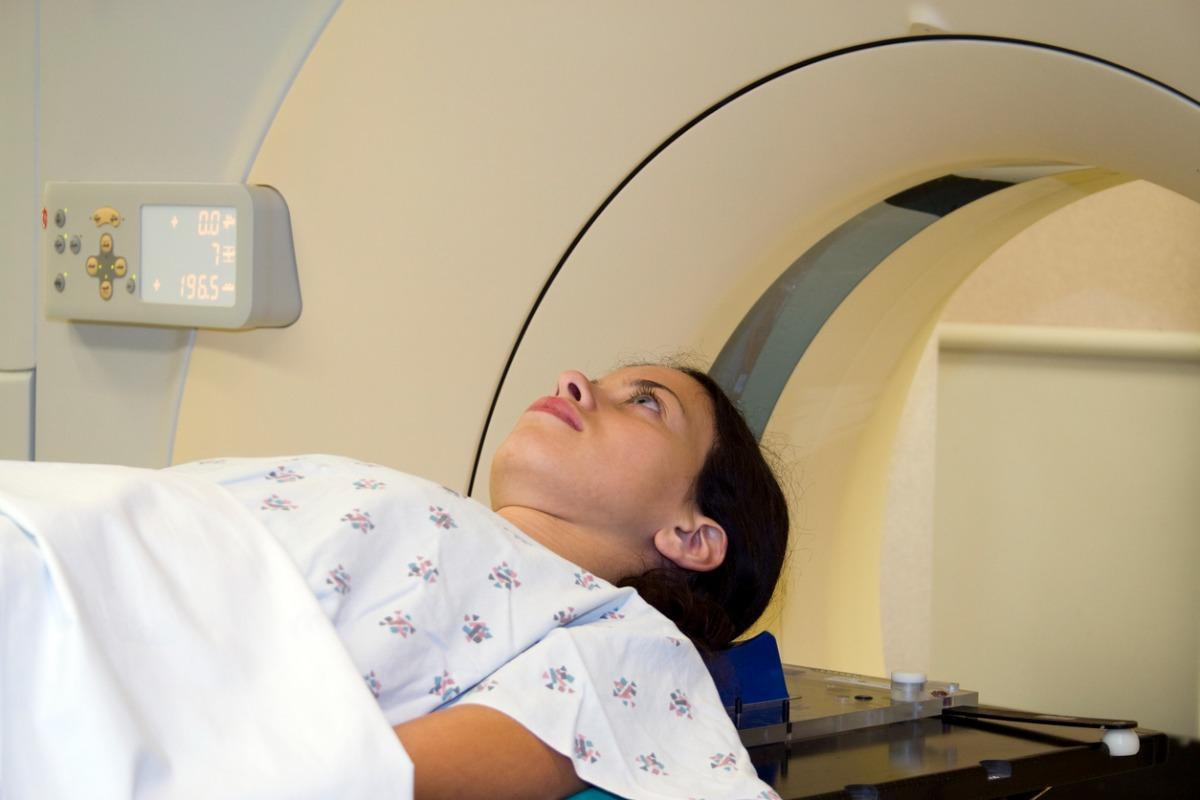
- posted: Apr. 15, 2023
- Personal Injury
A traumatic brain injury (TBI) is severe harm resulting from a heavy blow or forceful jolt to the head, with or without a piercing of the skull. Although some symptoms of TBI are apparent shortly after the impact, others may remain hidden for an extended length of time. If you or a loved one have been in an accident involving a head impact, you should stay alert for a variety of physical, cognitive and behavioral indicators of TBI.
Some of the more common physical signs of TBI are the following:
- Headaches — People who suffer TBI may have headaches more frequently and/or that are more severe than prior to the injury.
- Fatigue — A decrease in physical or mental energy is a common symptom, especially when the fatigue is chronic.
- Dizziness — Brain injuries often affect sensory equilibrium. TBI sufferers can become dizzy for no apparent reason.
- Nausea — TBI victims often suffer bouts of nausea that can range from mild to severe and can be unpredictable.
- Impaired speech — Slurred speech or other difficulty in speaking can occur, often long after the accident.
Cognitive indicators of TBI can be subtle and take longer to manifest. These possible symptoms should not be ignored:
- Reduced mental acuity — TBI victims might have difficulty thinking clearly and processing sensory information.
- Memory deficiency — Both short- and long-term forms of memory loss often occur after significant head trauma. Some patients completely forget things or misremember events.
- Confusion — Lapses in cognitive ability can leave TBI sufferers disoriented and less than fully aware of their present situation.
Behavioral changes often associated with TBI manifest in a wide variety of ways. Some of the more common conditions include:
- Depression — Episodes of depression can range from mild and periodic to chronic and severe.
- Personality changes — Individuals suffering from TBI do not necessarily exhibit extreme changes in their personality. However, mood swings and irritability are quite common.
- Insomnia — TBI victims might suffer from chronic insomnia or highly disrupted sleep patterns. This can also cause other symptoms, such as fatigue.
- Emotional outbursts — Unwarranted outbursts or emotional overreactions are fairly common among TBI sufferers.
Anyone in an accident involving a head impact should immediately seek professional medical attention. Untreated TBI can have extreme consequences, including disability and even death. Even mild TBI can substantially affect the victim’s health far into the future. An experienced brain injury lawyer can provide valuable guidance about financial compensation that may be available.
Favaro, Lavezzo, Gill, Caretti & Heppell, PC is a multidisciplinary law firm serving California’s North Bay area, with offices in Fairfield and Vallejo. If you have suffered a head injury in an accident, feel free to contact us online or call 707-674-6057 for a consultation.


